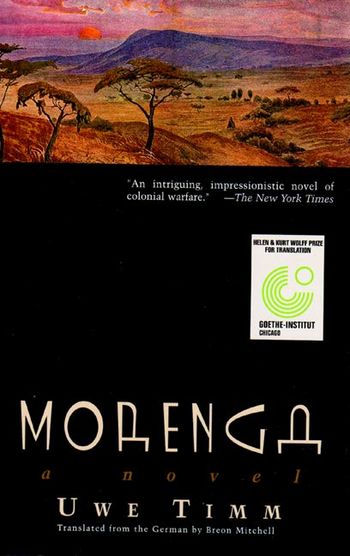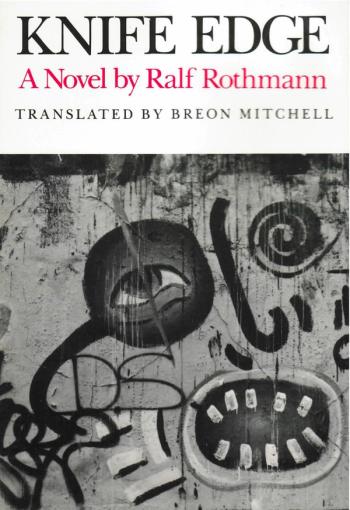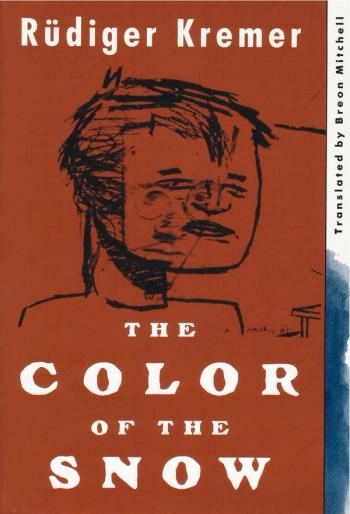Translated by Breon Mitchell
A gripping historical novel about colonial power and tribal rebellion, set in German-occupied Southwest Africa. Uwe Timm (Headhunter, The Invention of Curried Sausage) has been described in The New Yorker as “an extraordinary storyteller.” In this early novel, he focuses his narrative talents on the historical conflict between German colonists and African tribes under the leadership of the legendary Morenga in the first decade of the 20th century. A daring and brilliant military tactician, Morenga was fluent in several languages and by all reports a man of compassion, intelligence, and integrity, as he led his people towards freedom. Recounted through the eyes of Gottschalk, an engaging fictional military veterinarian, the narrative blends quotations from historical sources with actual accounts of everyday life and military excursions. The parallels between past events and later German history, with its notions of the Untermensch (subhuman beings) and racial inferiority, are subtly brought to mind, while significant philosophical, political, and human issues are at play. Morenga is an intriguing novel of scope and significance, and it has been well served by Breon Mitchell’s prize-winning translation.



